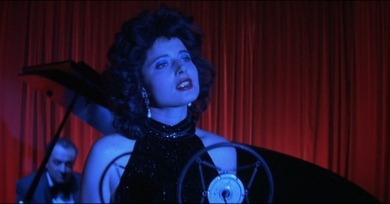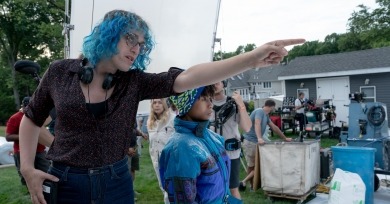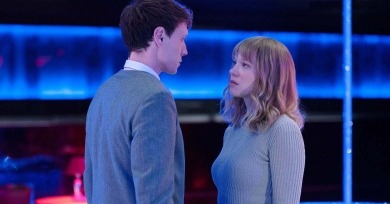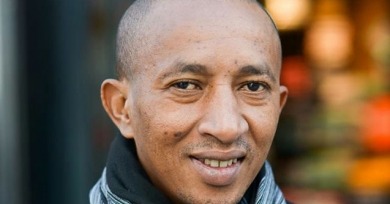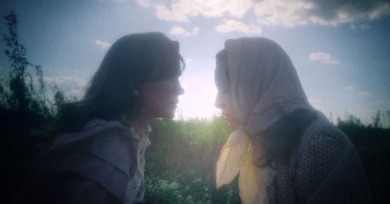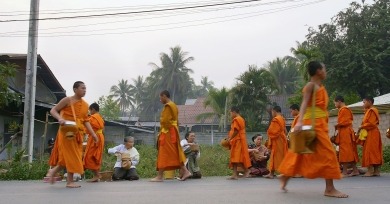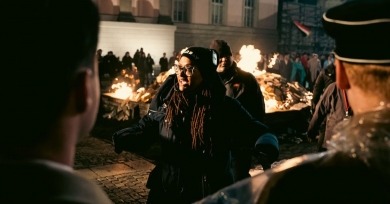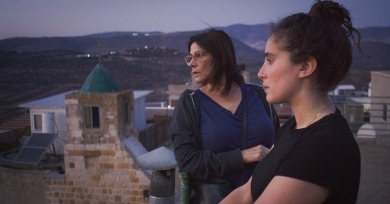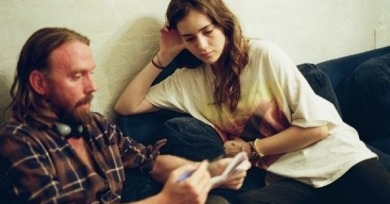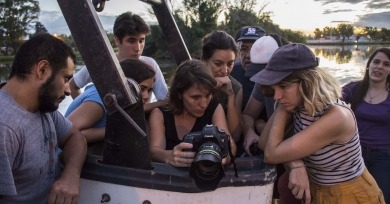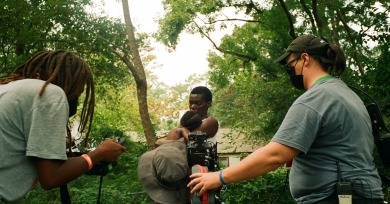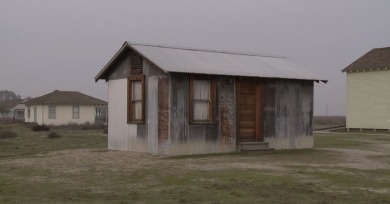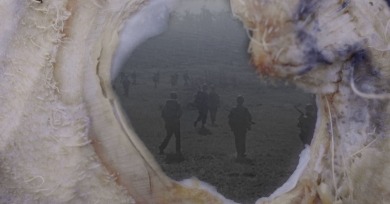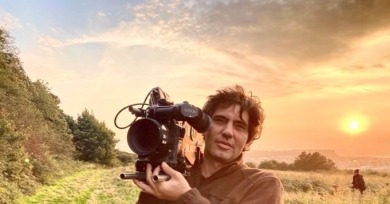Interviews
In this new interview, the legendary cinematographer sits down to revisit his career by looking at unforgettable images from his films, specifically those by David Lynch and John Cassavetes, and recalling how he helped to create them.
The whole movie sort of feels like a meditation on our memories of suburbia, our memories of TV shows about suburbia, and the way that lives on in a dream space. It’s more fun that way for me.
I would have never imagined this stuff about A.I. would feel so contemporary by the time we would be ready to show the film. Not to mention how much more relevant it seems now with the actors’ and writers’ strikes still ongoing. It’s not that I didn’t foresee the dangers of artificial intelligence, but I thought it’d be something we’d have to deal with in 15 or 20 years.
Sure, I make films as an artistic pursuit as an artist, but I make films to help my characters, my friends first.
There is this diffusion to the image projected on the glass. The glass has this inherent texture, and the way color looks on it is not natural… it’s not quite like Technicolor, maybe more like two-strip Technicolor, or even some early hand-colored things.
Her filmography is preoccupied with perception: of people, places, generations, and cultures. Her films argue that our ability to patiently observe is often all that stands in the way of personal enlightenment and cross-cultural connection.
I am always trying to understand the individual, the hands, the face, the person I am following and how they felt about what was happening to them. I think that takes it out of a place of violence for violence’s sake. It takes it out of a place of spectacle, and it brings it into the intimacy of a human interaction, violence being one of them.
I did not want my mother to be hurt or to suffer during the process of filmmaking. Even though some memories were painful, I really wanted her to feel the emotions that she wanted to feel. So, when she is looking at the photo of her young self, for example, she could decide what she wanted to say about this photo at the moment that she looked at it.
I think a long time ago I sort of purged myself of wanting to express myself in criticism from some kind of guru-like height. I don't know how much more intelligent I've gotten, but I've at least gotten past pretending to be particularly intelligent.
I think the film and its characters reach far more interesting places when they do not seek logical answers to Laura’s disappearance or try to solve its mysteries. It’s as if resolving the mystery would confer a small death upon the film because it would lose the very question it’s chasing the whole time.
"The script is very spare. I guess that would be the resonance with my poetry. There is not a lot of dialogue, of course. The lines are short lines. It is only 60 pages. I wrote more than what ended up being in the final script. I embrace brevity."
I wanted to make a film about this town, but I wanted to make it about what I have learned as a white person, the organizing I did in the 1960s, and the prejudice I have witnessed. There’s a kind of emptiness in the film.
Something that I struggle with continually in the process of the artist bio, or how to make my work legible to the public, is, do I really have to keep putting that I’m an undocumented immigrant and that it informs my film practice? Is it possible to just say I’m a filmmaker?
This is not a film that was meant for competition or anything. It is a very personal film. It was shot during COVID and very conditioned by that period; you could almost say that it was shot with a kind of wartime economy.
